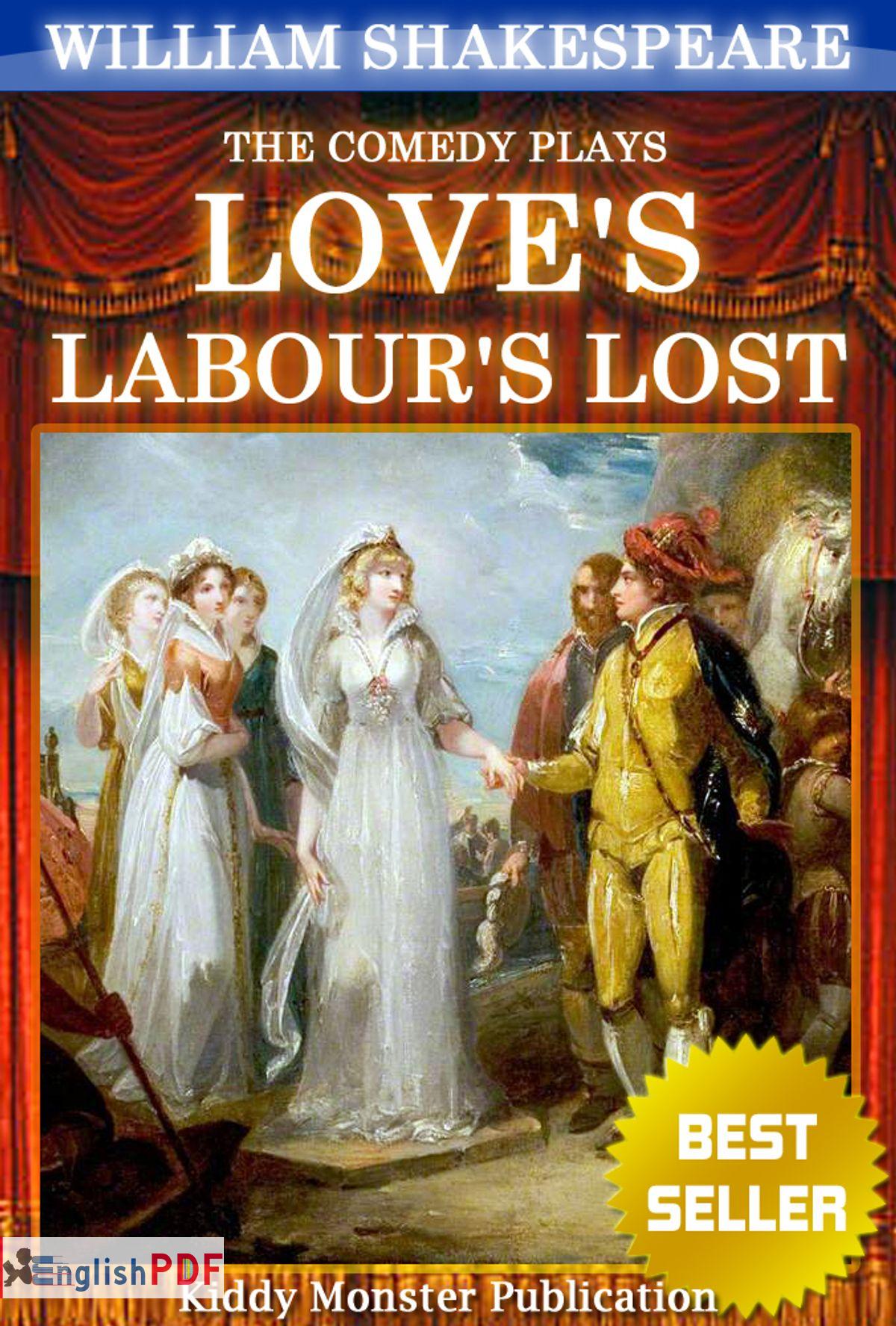| 📚 Book Name | Love's Labour's Lost PDF Download |
|---|---|
| 👨🏫 Author | William Shakespeare, |
| 📄 Pages | 99 |
| 🏷️ ISBN | B00CBDCCS2 |
| 📥 PDF Download | Télécharger PDF |
Love’s Labour’s Lost PDF Download

One of the primary things educated in any experimental writing class is that drama emerges from clashes and clashes requires characters with contradicting objectives handily recognized as heroes and rivals and that the most effective methods getting a group of people genuinely put resources into the result of this contention is to increase this restriction into a dualistic emotional gadget as pitting legends against reprobates. Special case “test” fiction, attempt to review the last time read a book, viewed a film or went to a play wherein you proved unable, in the long run, distinguish the character or characters proposed to be the legend and lowlife.
In the event that you can’t review an anecdotal story (special case test fiction) which needed either a legend or reprobate or both, air out the pages of Love’s Labor’s Lost and see with your own eyes if something like this is even conceivable. Despite the fact that the play features some increasingly appealing and less alluring portrayals, what it is verifiably needs the customary experimental writing class feeling of traditional account structure are courageous characters and awful characters.
Remember that terms like “legend” and “scalawag” are totally fake developments. Saying this doesn’t imply that that there is no such things as disgusting conduct or through and through bravery in reality. Inside the bounds of writing, notwithstanding, these are just augmentations of the more proper “hero” and “rival” and even those term are not carefully material.
For example, Richard III and Macbeth are heroes of their own Shakespearian plays, yet it would be a serious stretch to propose that makes them evenhanded with being the legends of their own play. Anyway, at that point, it is surely conceivable to compose a play (or film or novel) in which the hero is a lowlife and the rival is a legend, yet shouldn’t something be said about composing a story in which there genuinely is no saint and no reprobate and in which even the hero and adversary are not promptly recognizable as characters?